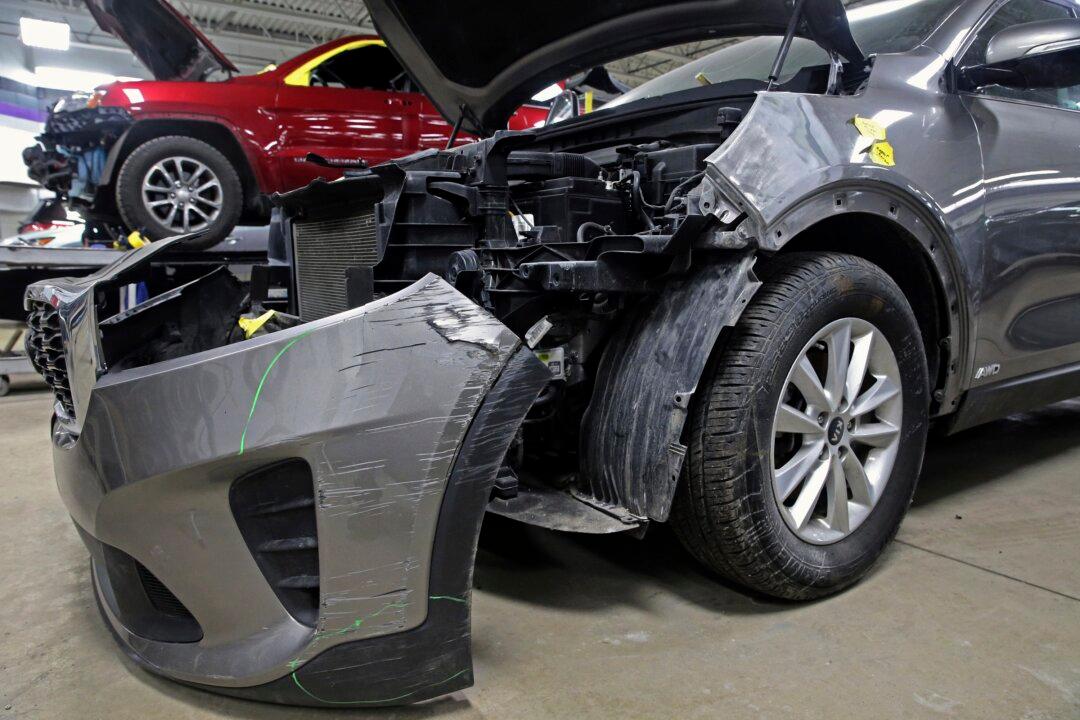Commentary
The word “market” is usually associated with the stock market or perhaps a farmers market. This is a truncated view based only on what we see or hear reported in the financial press. The market in the real world is a vast collaborative effort involving exchange relationships all over the world, designed by no one in particular, to serve material needs and thus affects the whole of our lives.





